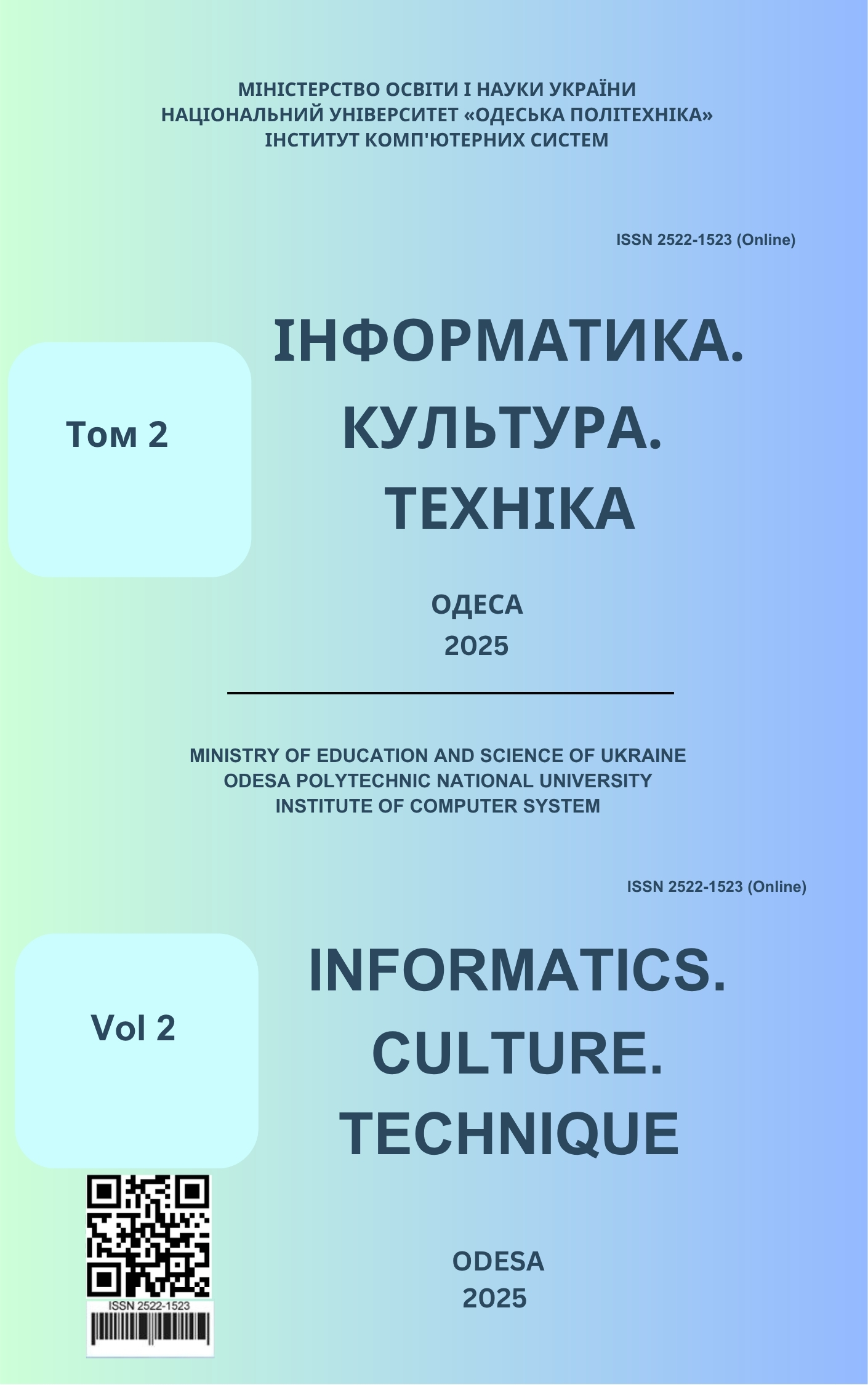Internet addiction as a factor in the formation of addictive behaviour in youth subculture
DOI:
https://doi.org/10.15276/ict.02.2025.63Keywords:
Internet addiction, youth, addictive behaviour, technological addiction, behavioural addiction, emotional disturbances, emotional regulationAbstract
The study of the phenomenon of internet addiction represents an important direction in contemporary psychological research. Social networks offer the opportunity to create personal profiles and communicate with other users, often strangers in real life, thereby enhancing one’s social status. Alongside the use of the Internet for obtaining useful information, a fascination with it arises that takes on the characteristics of addictive behavior. Is internet addiction, in all its various manifestations, a pathological obsession—an addictive behavior, a means of adaptation for a maladaptive (abnormal) personality, a distinct nosological unit (disease) with its own clinical symptoms and course, or a syndrome of another illness? Today, the debate around internet addiction continues, sparked by renowned American clinical psychologist Kimberly Young. She proposed viewing this phenomenon as an impulse control disorder that does not involve intoxication, and suggested measuring it by the number of hours a person spends online. According to critics, specialists rarely manage to filter out (or otherwise account for) individuals who use the Internet continuously for work or study purposes. As a result, research findings in this area are inevitably skewed toward overestimating time spent online. On the other hand, numerous studies on internet addiction reveal its multifaceted nature and help to understand the complexity of approaches to grasping its essence and the need for overcoming it. Defining internet addiction as a type of technological addiction allows it to be considered a behavioral addiction. The development of internet addiction occurs through a complex interaction of psychological, social, and neurobiological mechanisms, which makes overcoming it difficult. Prolonged excessive use of the Internet correlates with a wide range of mental health issues. Individuals with internet addiction exhibit emotional disturbances such as depressive and anxiety disorders, elevated levels of neuroticism, emotional instability, and irritability. Of particular interest is the bidirectional relationship between depression and internet addiction: depressive states increase the risk of developing addictive behavior online, while excessive internet use, in turn, exacerbates depressive symptoms. The significant rise in dependent behavior among the younger generation of internet users makes it urgent to explore its substantive nature and mechanisms for overcoming it. One effective mechanism for reducing internet addiction is emotional regulation.

